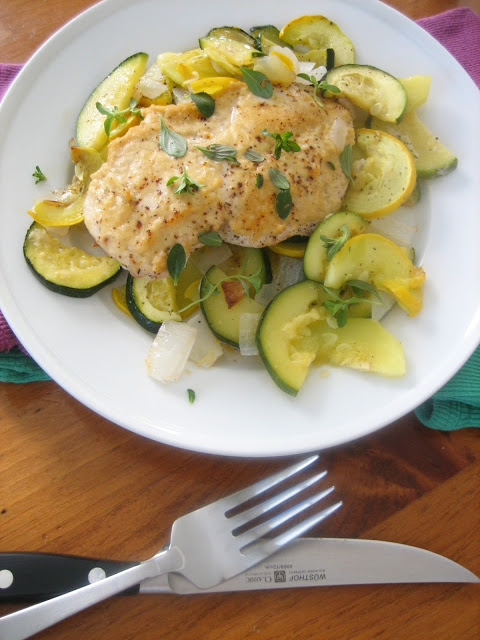When life throw lemons at you, smile and convert them to a jar of lemonade. Well that is just an adage of life. Actually, there is much more to lemons besides making lemonades.
Lemon is oval-shaped and has a greenish-yellow skin. It belongs to the genus of citrus and to the family of rutaceae. Just like other citrus fruits, its inner flesh is enclosed in eight to ten segments.
Lemons are used for culinary and non-culinary purposes. Apart from fruit juice, the zest is also used in cooking and baking. It can be sour or sweet depending on the variety. Sour lemons contain 4 to 6 percent citric acid, giving it an acidic and tart taste. Its unique tart taste makes it a vital constituent in foods and drinks such as lemonade. Though available all year round, its peak production period is between May and August. The best lemons for juicing or using for wedges are those with smooth, thin skin. The best for zesting are those with thicker skin, which tend to be larger in size.
Lemon fact: Did you know the Ancient Egyptians believed that eating lemons and drinking lemon juice was an effective protection against a variety of poisons, and that recent research has confirmed this belief?
Lemon goes beyond the boundaries of food and drink, it also has a lot of health benefits that have been known for ages. The three main ones are anti-bacterial, anti-viral, and immune-boosting powers. Lemon is also used for weight loss because its juice is a digestive aid and liver cleanser. Lemons contain citric acid, calcium, magnesium, vitamin C, bioflavonoids, pectin, and limonene which help promote immunity and battle infection.
Lemon juice is also used as a short-term preservative in certain foods that tend to oxidize and turn brown after being sliced, such as apples, bananas and avocados. Lemon juice and rind are used to make marmalade and lemon liqueur. Lemon slices and lemon rind are used in garnishing for food and drinks. Lemon zest, the grated outer rind of the fruit, is used to add flavour to baked goods, puddings, rice and other dishes. The citric acid in lemon can be effective in treating acne. The vitamin C found in citrus fruits is essential for healthy glowing skin while its alkaline nature kills some types of bacteria known to cause acne.
The leaves of the lemon tree are used for tea and for coking meats and seafood. Lemon juice is useful for salad dressings. Lemon juice and zest are used in a wide variety of drinks like lemonade, soft drinks, and cocktails.
Lemons help protect the teeth enamel; wait half an hour before brushing your teeth after chewing, drinking or rinsing with lemon juice. Research has shown that lemon balm has a calming effect and therefore may be able to help relieve fatigue, exhaustion, dizziness, anxiety, nervousness, and tension.
Note: Rubbing lemon juice or oil and drinking lemon juice is not suitable for children under the age of 10.
As we all can see, there is a sweet side to this sour oval citrus.
Health is wealth; eat healthy.



